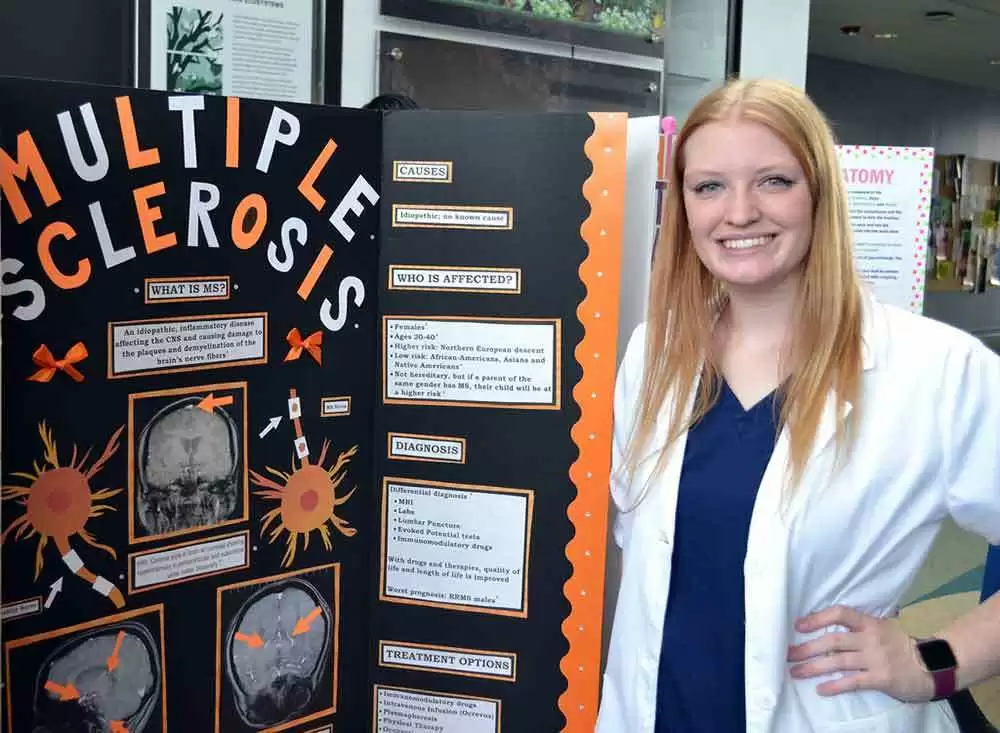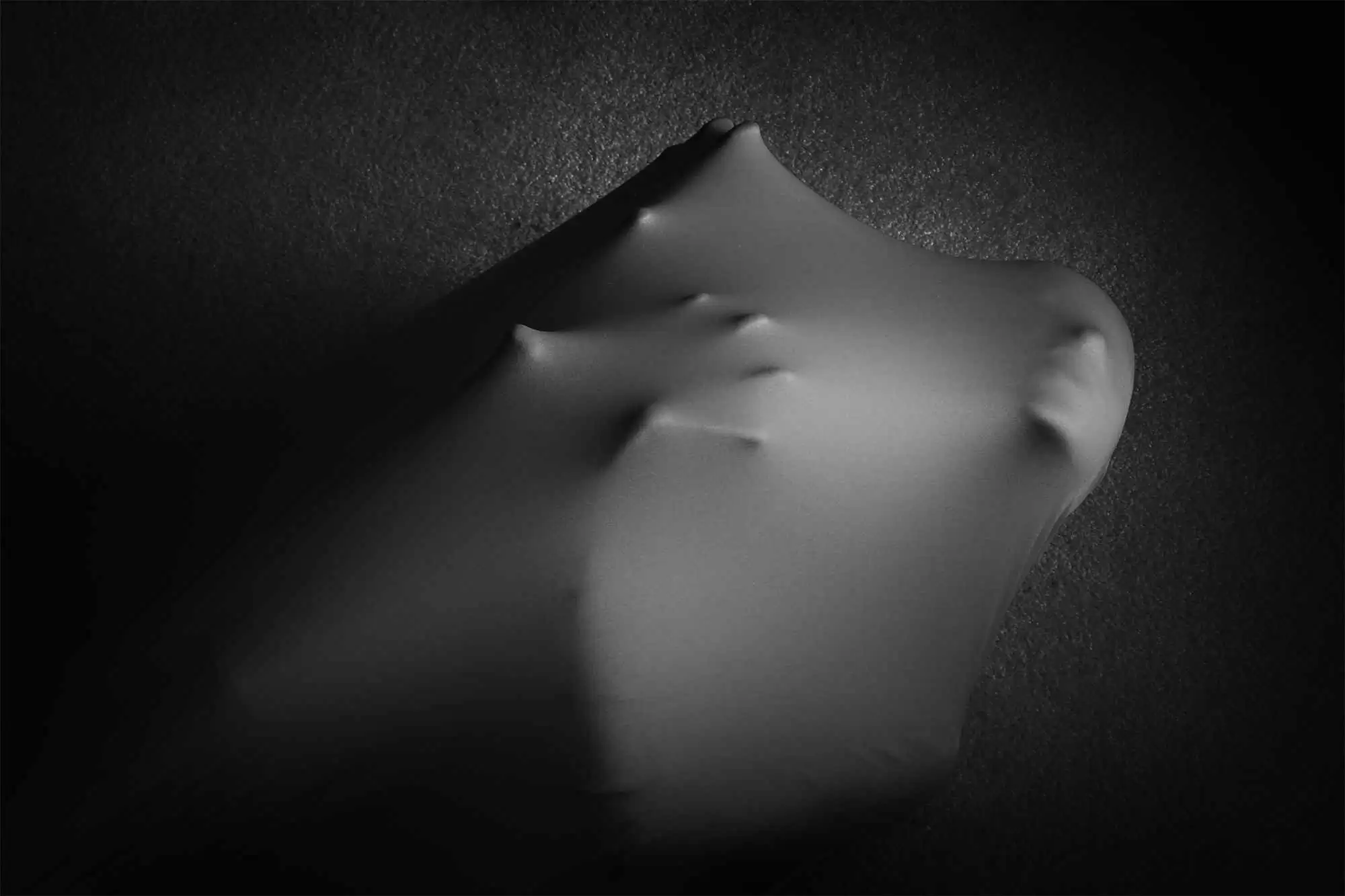Celiac.com 09/25/2023 - Professor Jeffrey Hubbell and a team of researchers at the University of Chicago's Pritzker School of Molecular Engineering has developed a novel type of vaccine known as an "inverse vaccine."
This innovative vaccine has shown promise in laboratory settings for the treatment of autoimmune diseases such as multiple sclerosis, type 1 diabetes, and Crohn's disease. Importantly, it achieves this without suppressing the entire immune system, as is often the case with current treatments. Could such treatment work for celiac disease?
How the Inverse Vaccine Works
Celiac.com Sponsor (A12):
Traditional vaccines are designed to train the immune system to recognize and attack harmful viruses or bacteria. In contrast, the inverse vaccine takes a different approach. It aims to erase the immune system's memory of a specific molecule. This concept is particularly useful in autoimmune diseases, where the immune system mistakenly attacks the body's healthy tissues.
The development of the inverse vaccine is based on the liver's natural mechanism of marking molecules from broken-down cells with signals that instruct the immune system not to attack them. Researchers combined an antigen (a molecule targeted by the immune system in autoimmune diseases) with a molecule resembling a fragment of an aged cell. This mimicry tricks the liver into recognizing the antigen as a friend rather than a foe, effectively stopping the autoimmune reaction.
The research team successfully demonstrated the effectiveness of this inverse vaccine in halting autoimmune reactions in a disease model resembling multiple sclerosis. In multiple sclerosis, the immune system attacks myelin, the protective coating around nerves, leading to symptoms such as weakness, numbness, vision loss, and mobility problems. By linking myelin proteins to the molecule recognized by the liver, the researchers were able to prevent the immune system from attacking myelin. This allowed nerves to function properly again, ultimately reversing the disease's symptoms in animal subjects.
Importantly, the inverse vaccine approach could have significant advantages over current treatments for autoimmune diseases. Many existing treatments involve broadly suppressing the entire immune system, which can lead to various side effects and increase the risk of infections. In contrast, the inverse vaccine offers a more targeted and specific way to modulate the immune response, potentially minimizing side effects.
While further research is needed, initial phase I safety trials have already been conducted in humans with celiac disease, and are underway in multiple sclerosis. These trials are sponsored by the pharmaceutical company Anokion SA, which also contributed to the research. The development of clinically approved inverse vaccines is an exciting prospect, as they could provide more effective and precise treatments for autoimmune diseases, improving the quality of life for patients.
Read more at the Pritzker School of Molecular Engineering










Recommended Comments
Create an account or sign in to comment
You need to be a member in order to leave a comment
Create an account
Sign up for a new account in our community. It's easy!
Register a new accountSign in
Already have an account? Sign in here.
Sign In Now